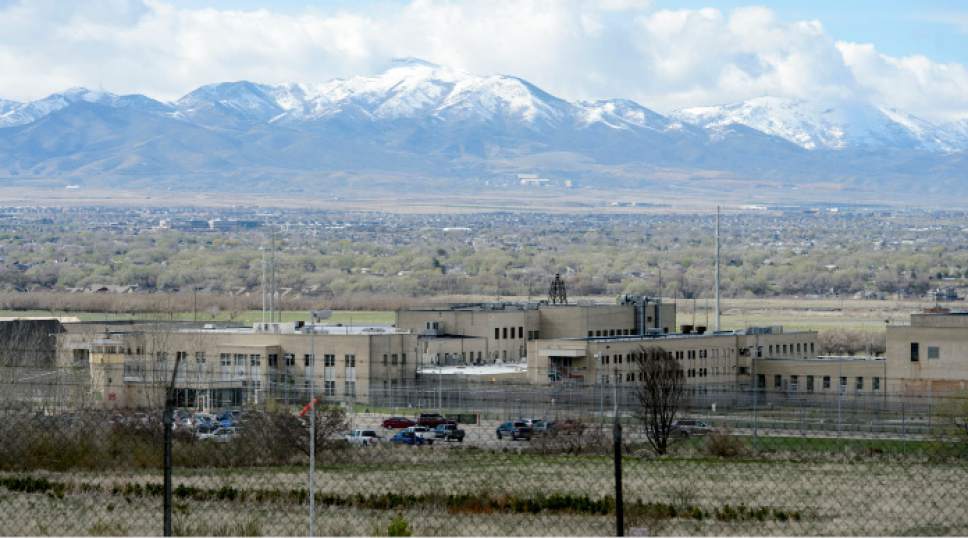This is an archived article that was published on sltrib.com in 2017, and information in the article may be outdated. It is provided only for personal research purposes and may not be reprinted.
Residents overwhelmingly want cities to confront existing traffic congestion and preserve open space ahead of an impending onslaught of development near Point of the Mountain, consultants studying plans for the area said Wednesday.
By far, the public wants traffic issues solved, air quality improved and an affordable place to live so they can live and work in the region, according to the materials gathered by Envision Utah and provided to the Point of the Mountain Development Commission.
The commission of local elected officials working on development of 20,000 acres of land in south Salt Lake County and northern Utah County were given the information at a hearing as consultants said they were ready to move to the next step of modeling development scenarios.
"Transportation was first, air quality was second in terms of the importance of things they want in their lives," said Robert Grow, president and CEO of Envision Utah.
Commissioners got into a lively discussion about housing development along the Wasatch Front after being shown maps that indicate jobs are clustered on the eastern side of the Salt Lake Valley and housing is clustered in the west.
Draper Mayor Troy Walker said he's feeling pressure from residents who say they don't want more multi-family housing built in the city.
He got some bad news when Grow's team and others on the commission said the entire Wasatch Front must welcome higher density residential development if it's going to remain a somewhat affordable place to live and work as development at Point of the Mountain brings a rush of jobs in the coming decades.
"Elected officials get pressured to not continue on that trajectory," Walker said. "I see another bump in the road if you will. I've talked to mayors in Salt Lake County and they feel the same pressure we do."
Rep. Brad Wilson, R-Kaysville, wondered if the state should withhold financial support for cities in the future if they aren't supporting higher density residential projects.
"We are not going to be able to provide something affordable if we do not change the way we develop," Wilson said. "It is really frustrating to me the way we're doing it right now."



